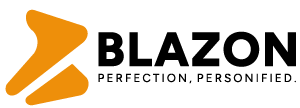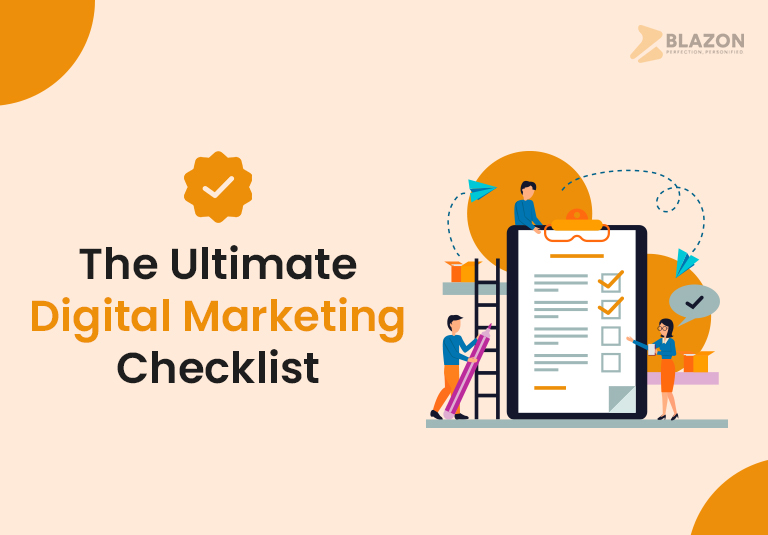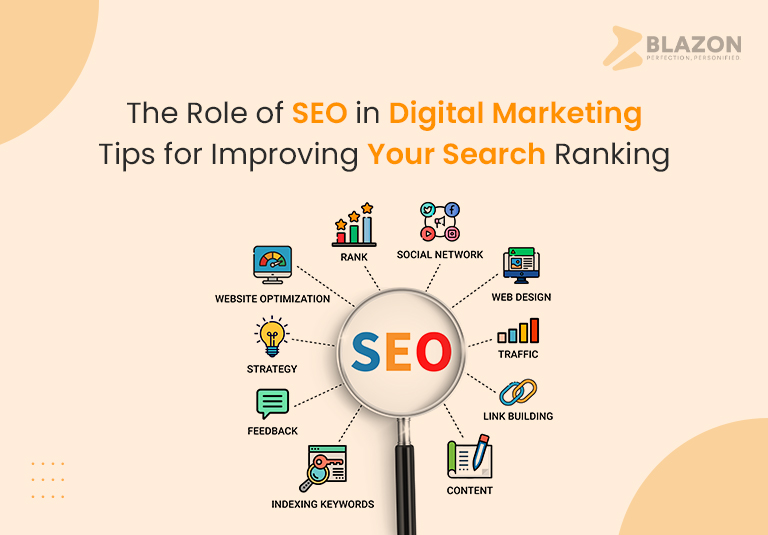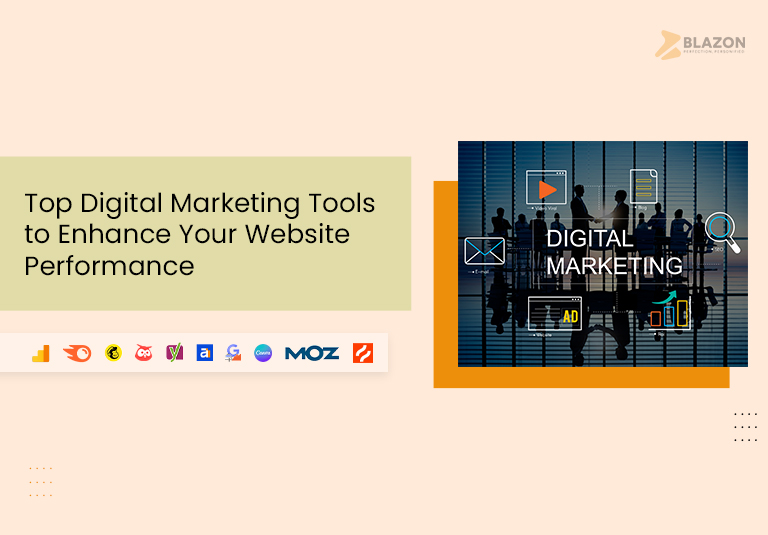In today’s fast-paced digital landscape, having a well-structured digital marketing strategy is more critical than ever. Whether you are a seasoned marketer or just starting, a comprehensive checklist can ensure you cover all bases and maximize your online presence. This ultimate digital marketing checklist will guide you through essential steps and best practices to elevate your digital marketing efforts.
1. Define Your Goals and Objectives
Before diving into the nitty-gritty of digital marketing, it’s crucial to have clear goals and objectives.
What do you want to achieve? Are you looking to increase brand awareness, generate leads, boost sales, or improve customer engagement? Define your key performance indicators (KPIs) to measure your progress effectively.
2. Understand Your Audience
Knowing your target audience is the cornerstone of any successful marketing strategy. Conduct thorough market research to create detailed buyer personas. Understand their demographics, preferences, pain points, and online behaviors. This insight will help tailor your content and campaigns to resonate with your audience.
3. Conduct a Website Audit
Your website is often the first point of contact with potential customers. Ensure it provides a seamless user experience by conducting a comprehensive audit. Check for:
- Mobile-friendliness: Ensure your site is responsive and looks good on all devices.
- Loading speed: Optimize images, use caching, and minimize code to reduce load times.
- Navigation: Make sure your site is easy to navigate with clear menus and links.
- SEO: Optimize on-page elements like meta tags, headers, and content for relevant keywords.
4. Develop a Content Strategy
Content is king in digital marketing. Create a content strategy that includes:
- Blog posts: Write informative and engaging articles relevant to your audience.
- Videos: Produce high-quality videos to explain products, share testimonials, or provide tutorials.
- Infographics: Visual content can simplify complex information and increase shareability.
- Social media posts: Plan your social media content to keep your audience engaged.
5. Leverage SEO Best Practices
Search engine optimization (SEO) is essential for driving organic traffic to your website. Focus on:
- Keyword research: Use tools like Google Keyword Planner or SEMrush to find relevant keywords.
- On-page SEO: Optimize your website content, meta descriptions, headers, and images.
- Off-page SEO: Build high-quality backlinks from reputable sites to improve domain authority.
- Local SEO: Optimize your site for local searches by including location-based keywords and creating a Google My Business profile.
6. Utilize Social Media Marketing
Social media platforms are powerful tools for connecting with your audience. Choose the right platforms based on where your audience spends their time. Strategies include:
- Posting regularly: Maintain a consistent posting schedule to stay top-of-mind.
- Engaging with followers: Respond to comments, messages, and mentions promptly.
- Running ads: Utilize social media advertising to reach a broader audience.
- Analyzing performance: Use analytics tools to track the success of your social media campaigns and adjust strategies as needed.
7. Implement Email Marketing
Email marketing remains one of the most effective digital marketing channels. Build a robust email list and send targeted campaigns. Tips include:
- Segmentation: Divide your email list into segments based on demographics, behavior, or interests.
- Personalization: Use the recipient’s name and tailor content to their preferences.
- A/B testing: Test different subject lines, email formats, and call-to-actions to see what works best.
- Automation: Use email marketing tools to automate your campaigns and nurture leads.
8. Invest in Paid Advertising
Paid advertising can give your digital marketing efforts an immediate boost. Consider:
- Pay-per-click (PPC) ads: Use platforms like Google Ads to display ads on search engine results pages.
- Social media ads: Promote your content on platforms like Facebook, Instagram, LinkedIn, and Twitter.
- Display ads: Use banner ads on relevant websites to increase brand visibility.
- Retargeting: Show ads to users who have previously visited your site to encourage them to return.
9. Focus on Conversion Rate Optimization (CRO)
Driving traffic to your website is only half the battle. Optimize your site to convert visitors into customers. Techniques include:
- A/B testing: Experiment with different versions of landing pages, headlines, and CTAs.
- Clear CTAs: Ensure your calls-to-action are prominent and compelling.
- Simplified forms: Reduce the number of fields in forms to make it easier for users to convert.
- Trust signals: Include testimonials, reviews, and security badges to build trust.
10. Analyze and Adjust Your Strategies
Digital marketing is not a set-it-and-forget-it process. Regularly analyze your performance and adjust your strategies accordingly. Use tools like Google Analytics, social media insights, and email marketing reports to track your progress. Identify what’s working and what’s not, and make data-driven decisions to optimize your campaigns.
11. Stay Updated with Industry Trends
The digital marketing landscape is constantly evolving. Stay ahead of the curve by:
- Following industry blogs and news sites.
- Attending webinars, conferences, and workshops.
- Joining professional networks and online communities.
- Experimenting with new tools and technologies.
12. Build a Strong Online Presence
Consistency is key in building a strong online presence. Ensure your brand message, visuals, and tone of voice are consistent across all channels. This consistency helps in creating a recognizable and trustworthy brand.
13. Collaborate with Influencers
Influencer marketing can amplify your reach and credibility. Identify influencers in your niche who align with your brand values and audience. Collaborate with them for product reviews, sponsored posts, or social media takeovers.
14. Implement Remarketing Strategies
Remarketing helps re-engage users who have previously interacted with your brand. Use strategies like:
- Display ads: Show targeted ads to users who visited your site but didn’t convert.
- Email campaigns: Send personalized emails to re-engage inactive subscribers.
- Social media retargeting: Use platforms like Facebook and Instagram to target users who have engaged with your content.
15. Ensure Compliance with Regulations
Digital marketing involves handling personal data, so it’s important to comply with regulations like GDPR and CCPA. Ensure your privacy policy is up-to-date and obtain necessary consents for data collection and marketing communications.
Conclusion
Creating a comprehensive digital marketing strategy involves numerous components, each playing a vital role in your overall success. By following this ultimate digital marketing checklist, you can ensure you are covering all bases and maximizing your online presence. Whether you are a startup or an established business, these best practices will help you stay ahead in the competitive digital landscape.
For businesses in Coimbatore, other cities, or countries looking to elevate their digital marketing efforts, Blazon offers expert services tailored to your needs. As a leading digital marketing service company in Coimbatore, we are dedicated to helping you achieve your marketing goals and drive tangible results. Reach out to Blazon today and take the first step towards a stronger digital presence.





